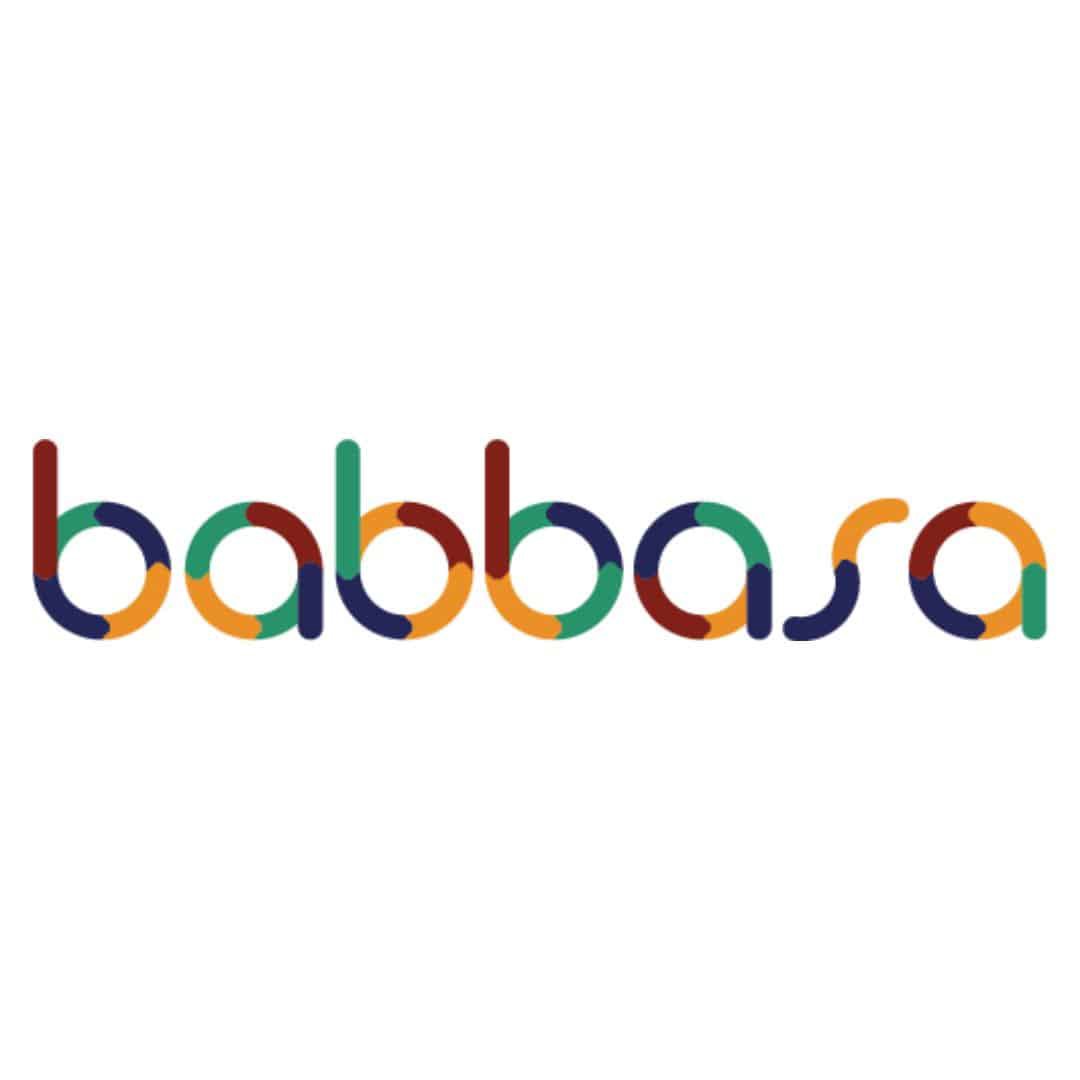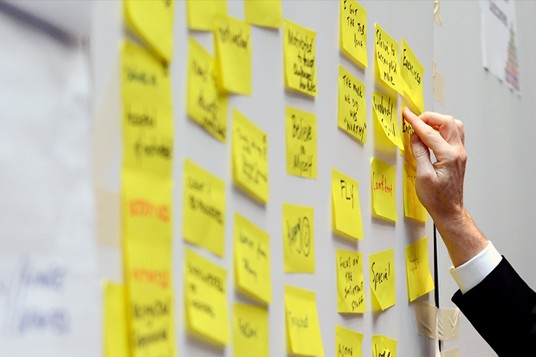Why become a mentor?
Saskia Jury explains how she got into mentoring and why others should consider it too.
How did you get involved with mentoring with Babbasa?
My experience with mentoring came about around the time of the pandemic. I was looking for a way to support young people. The inequality in Bristol is pretty startling, particularly amongst minority groups. It’s marked as the 7th worst of 348 districts in England & Wales for black and ethnic minority communities to live and thrive. There is still a big divide; people tend to think of Bristol as a multicultural place where most social groups are on a level playing field but that is just not the case.
COVID really highlighted inequalities – kids having to work from home, many without the right equipment and resources and families having to share a really small space.
Babbasa really helps set out the challenges that young people are facing, but also the opportunities to help - people who are feeling isolated, lacking confidence, struggling at school, etc.
Hearing about these issues from Babbasa made me want to help and become an Equal Opportunities Ambassador. It’s a programme that encourages people to offer a commitment to help – by signing up for three goals like fundraising, mentoring in varying capacities, etc.
What does mentoring look like with Babbasa?
Babbasa matches you up with young people based on your interests and skill set, so requirements and longevity can vary.
One mentee I had was looking for some guidance on how to promote herself as a poet, so this was more of a shorter-term commitment. We met a few times to help discuss and ideate how she could best do this.
I’m currently supporting a mentee who is at university and wants to get into marketing. We meet a couple of times a month and she’s looking for ideas on the sorts of roles available in the industry. I’ve been trying to support her with information that could help with career choices, areas of work she enjoys, etc.
What do you think mentees want out of the scheme?
Again, this can vary – but often it's guidance in some shape or form. This can be practical like offering useful resources or advice on their CV, to being more of a sounding board. For example, my current mentee dislikes public speaking so sharing my own experiences on how I’ve improved in this area hopefully has helped her in some way.
I think being open and fluid in terms of what both parties get out of the experience is really important.
Part of the role of mentorship isn’t to have all the answers, but more to listen and point the young person in the direction of a person or resource who could help.
What skills/ qualities do you need to be a mentor?
Accept you can’t solve everyone’s problems. As a mentor, you need to be able to step back. It's not solution-orientated; it is more of an active listening role.
Empathy - see how you can best support and be open to what that mentee needs.
Keep it light – try not to pile on the pressure, or expectation around the experience.
Be prepared for different characters and abilities.
Be flexible – Babbasa matches based on skills and interest – so when the right match comes along, it’s important to make the time. Be patient and committed - you don’t want someone’s first experience in the industry for them to feel like second fiddle.
What would your advice be to someone who was considering mentoring but sitting on the fence?
Dip your toe in the water, do some reading and get in touch with Babbasa – their induction is great. It’s a couple of hours and will give a real insight as to what it’s all about with lots of great case studies too.
Have a bit of faith – it’s a commitment and relationships can take time to nurture.
A few hours a month can really give a young person a step up and confidence to follow or act on something they'd really like to go on and do.


